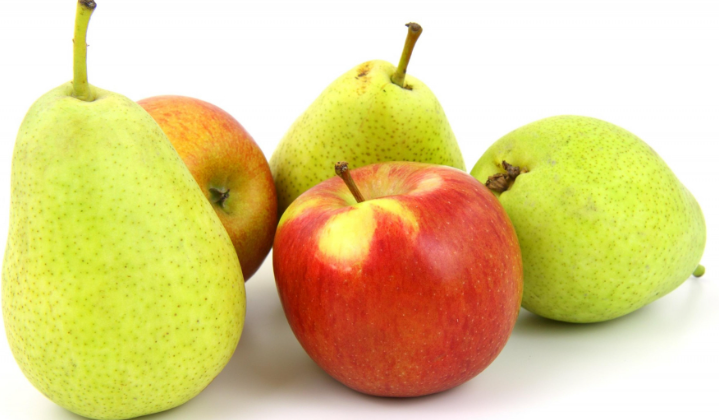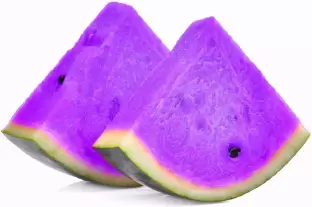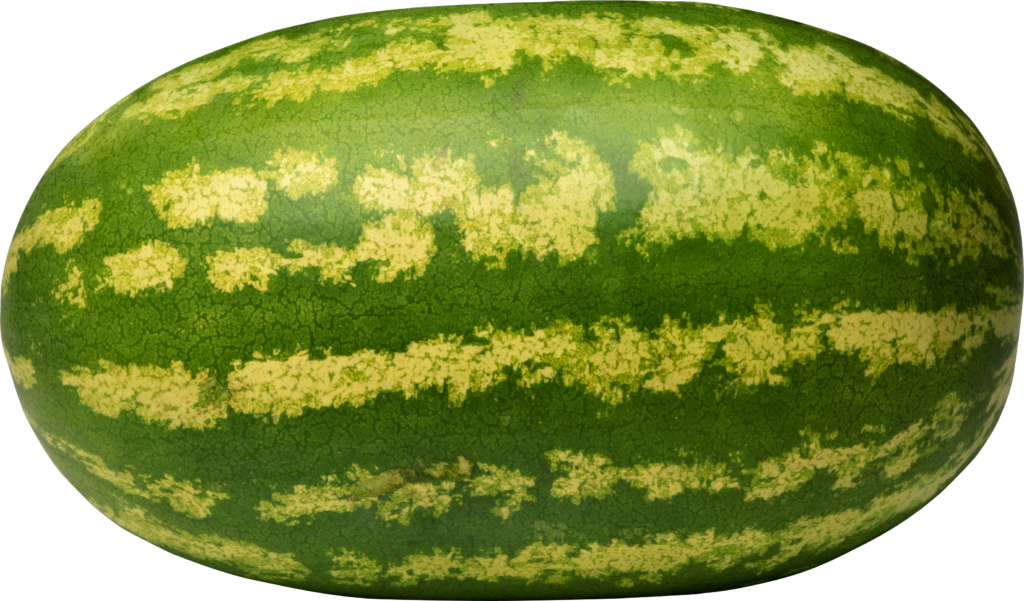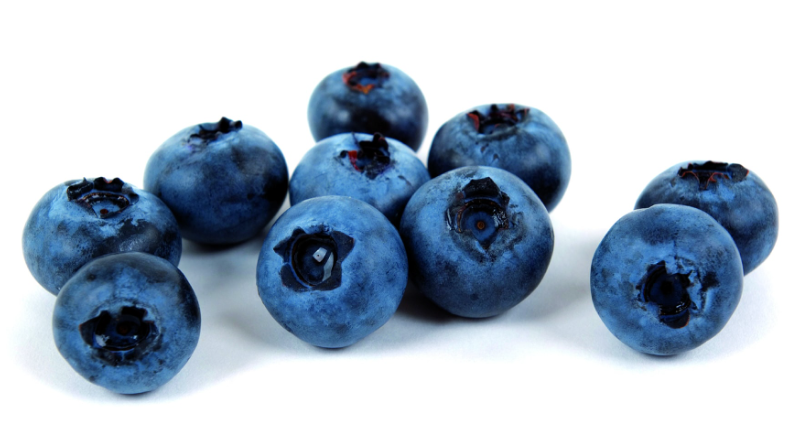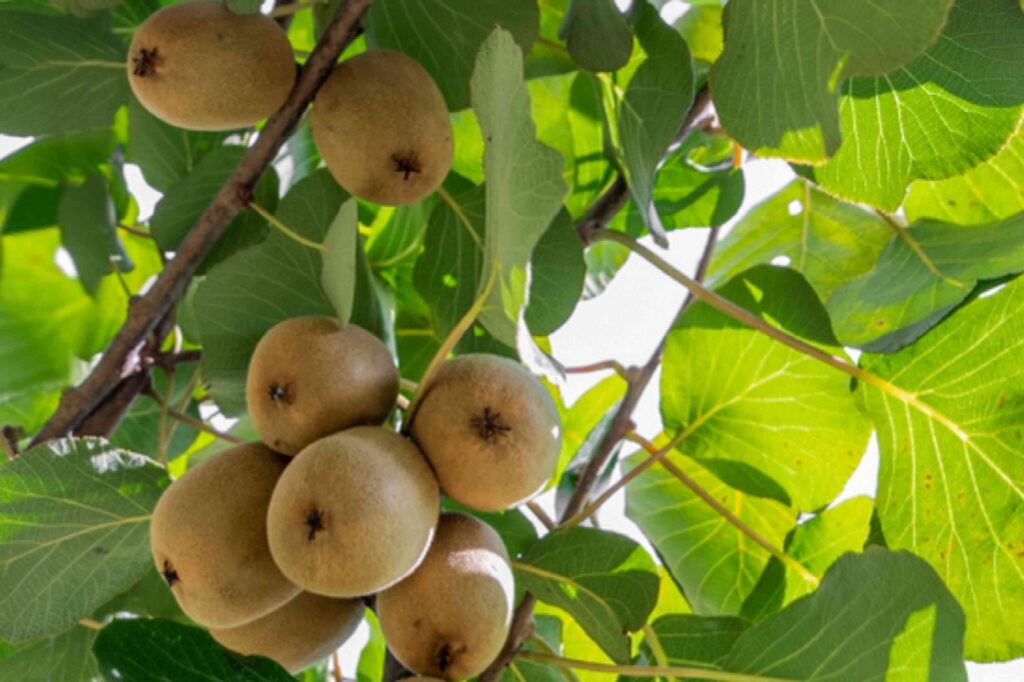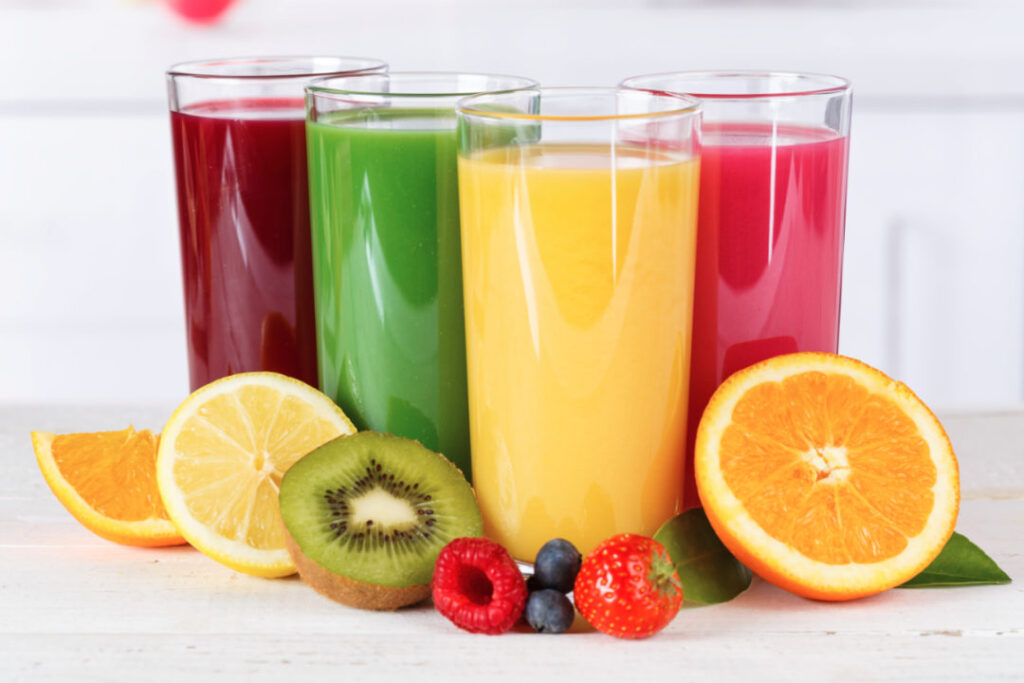Lemons are more than just a tangy addition to your drinks; they are packed with history and benefits that make them a fascinating fruit. We have been enjoying their zesty flavor and multiple uses for many years. Let’s dive into some interesting and entertaining facts about lemons that you might not have heard before.
Lemons can liven up your cooking, act as a natural remedy, and even brighten up your home. In this article, we’ll share 15 fun and interesting lemon facts to show you just how amazing these little yellow fruits are.
Table of Contents
- 15 Fun Lemon Facts
- 1. Lemons are a mix of two fruits
- 2. Lemon trees are heavy producers
- 3. Lemons first grew in Asia
- 4. Lemons are full of vitamin C
- 5. They soothe sore throats
- 6. Lemon trees always have fruit
- 7. Lemon juice is a natural bleach
- 8. You can use lemon peel to make food tastier
- 9. Lemons can stay on top of the water
- 10. Lemons are in lots of fancy drinks
- 11. Lemons were once so special that kings gave them as gifts
- 12. On average, a lemon has eight seeds
- 13. Believe it or not, lemons are actually berries
- 14. You can use lemon oil to relax
- 15. People used lemons to stop scurvy
- Wrapping Up
15 Fun Lemon Facts
1. Lemons are a mix of two fruits
Lemons aren’t just a simple fruit; they are a mix called a hybrid. People believe that lemons come from a mix between a sour orange and a citron. Citrons are chunky, bumpy fruits that look like lemons but aren’t sour.
No one knows exactly where lemons first grew, but it was probably northeastern India, northern Burma, or China. They then spread across Asia and made it all the way to Europe.
Creating a hybrid fruit usually means mixing two different plants to make a new kind. Sometimes it happens on its own, but often people help it along. Lemons probably became a hybrid all by themselves when sour orange and citron trees were planted near each other.
Even though lemons come from a funky mix, they’ve found a place in many world cuisines. Their sour and tangy taste makes them great for cooking, baking, and adding a splash of flavor to drinks.
2. Lemon trees are heavy producers
Lemon trees can give a lot of lemons! A mature lemon tree can have up to 600 pounds of lemons each year.
How much a lemon tree makes depends on things like how old it is, how big it is, and where it’s growing. Lemon trees start making lemons when they’re around 3-5 years old and make the most lemons when they’re around 10 years old.
Lemon trees make fruit all the time, not just in one season. That’s why we can buy lemons any time of year, even though they’re normally a winter fruit.
While 600 pounds is a lot, lemons have so many uses that it’s easy to find ways to enjoy them. Whether it’s lemonade, lemon chicken, or lemon meringue pie, there’s always something you can make with lemons.
3. Lemons first grew in Asia
Lemons likely came from northeast India, northern Burma, or China, and from there, they spread out to the rest of the world. Europeans started growing them in the Middle Ages, and they were used a lot for medicine. Around the 16th century, traders brought them over to the New World.
Today, lemons are grown all over the globe, with big lemon farms in places like the United States, Italy, Spain, and Australia.
Because lemons are so handy in the kitchen and used often in all sorts of drinks, they’ve become super popular. They can make juices, salad dressings, marinades, desserts, sauces, jams, and a bunch of other tasty dishes all around the world.
4. Lemons are full of vitamin C
Lemons are packed with vitamin C. A single lemon has between 30-40 milligrams of vitamin C. That’s about 33-44% of what you need every day.
Vitamin C is super important for helping your body grow and repair, fighting off damage from harmful molecules called free radicals, and keeping your immune system strong. Lemons might not have as much vitamin C as oranges, but they’re still an excellent way to get this important vitamin into your diet.
Adding fresh lemon juice to your food or drinks is a yummy way to have more vitamin C. Vitamin C can’t stay in your body for very long because it’s water-soluble, so it’s best to get a bit of it every day instead of all at once.
5. They soothe sore throats
If your throat is hurting, lemon juice can be a great natural fix. Lemons have stuff in them that can calm inflammation and fight germs. Their sour nature also helps cut through thick mucus and phlegm, making it easier to get rid of.
Try adding some lemon juice to hot tea or water. Drinking this tasty mix can help ease a sore throat and is good for you, too.
6. Lemon trees always have fruit
Lemon trees keep on giving fruit all year. This is because lemon trees have both flowers and fruits on the branch at the same time, so they’re always making more lemons.
How many lemons you get from a tree depends on things like how old and big the tree is, and where it’s growing. But even a younger tree can give you some lemons, which is why many people like to grow their own.
If you want to grow a lemon tree, pick one that fits your local weather and soil well. They like warm, sunny spots and soil that drains well. You can plant them in pots or in the ground.
7. Lemon juice is a natural bleach
Lemons can also help clean things! Lemon juice has natural stuff in it that can make stains fade and help make clothes and sheets look cleaner.
To use lemon juice for cleaning, soak the stained spot in the juice for a bit, then wash as you usually would. You can also mix lemon juice with your laundry soap to help make white clothes whiter and get tough stains out.
Keep in mind
Be careful when using lemon juice on fabrics, it can change their color or harm the material. Always try it on a small, hidden spot first before applying it to a bigger stain or all over the clothing.
8. You can use lemon peel to make food tastier
People know lemons for their juice, but the peel is great in recipes too. The skin’s outer part has lots of oils that make food taste special. When you grate a lemon’s zest, use a tool like a microplane to only get the colorful skin and not the sour white part.
Add lemon zest to things like marinades, dressings, and sauces. It’s also yummy in desserts like cookies and cakes.
Next time you cook with lemons, save the zest. It adds a delicious touch to many foods.
9. Lemons can stay on top of the water
Lemons float because they are less dense than water. This cool fact can help explain why things float or sink. It’s great for science experiments too.
In the kitchen, you can use lemons on top of your drinks for taste and looks. Or put lemon slices on fish before you bake it to add flavor.
10. Lemons are in lots of fancy drinks
Lemons mix well with many drinks because they’re sour. For example, the “Lemon Drop” martini has vodka, lemon juice, and sugar syrup. The “Tom Collins” mixes gin, lemon juice, and sugar syrup with soda water.
Other drinks like the “Margarita” can have lemon juice instead of lime for a different taste. And there are more like the Sidecar, Whiskey Sour, and French 75.
Squeeze fresh lemon into your drinks at home for a zesty kick.
11. Lemons were once so special that kings gave them as gifts
Long ago, lemons were hard to find and thought to be very healthy. Royals would give them to each other because they were a sign of being rich and important. Sailors brought lemons home to show off the far-off places they had been.
Now, lemons aren’t rare anymore. They’re in lots of kitchens around the world for cooking and drinks.
Lemons have a cool history that includes fancy gifts and adventures.
12. On average, a lemon has eight seeds
Usually, there are six to eight seeds inside a lemon. These small, oval-shaped seeds hang out in the middle of the lemon.
Some people don’t eat the seeds because they taste bitter. It’s common to take out the seeds before using a lemon in food or drinks.
13. Believe it or not, lemons are actually berries
Even though we think of strawberries or blueberries as typical berries, the science world says a berry is any fruit made from one ovary with seeds inside soft stuff.
This means lemons are berries too! So are things like tomatoes, grapes, bananas, and pumpkins. So when you use lemon juice or slices, you’re actually using a berry!
14. You can use lemon oil to relax
Lemon oil helps people feel calm and happy and is used in aromatherapy for that. The smell is fresh and can improve your mood.
To use it, put some drops in a diffuser or mix with other oils for a massage or bath.
15. People used lemons to stop scurvy
Scurvy is from not having enough vitamin C. Sailors and others on long sea voyages used to get it a lot. Eating foods like lemons that have a lot of vitamin C can prevent scurvy.
Back in the 18th century, British sailors had to have lemons or other citrus fruits on their ships to avoid scurvy.
Today, scurvy isn’t too common, but it shows us that it’s important to have enough vitamin C in our diets for good health.
Wrapping Up
I hope you enjoyed all these cool and interesting things about lemons. They have been in fancy drinks, medicine, and even part of royal gifts. This fruit has a rich history and so many uses.
From putting fresh lemon on your meal, using the zest for desserts, or just having a slice in water, there are many ways to enjoy lemons in your everyday life.
So grab a lemon and let its bright taste and health benefits make your day better!
